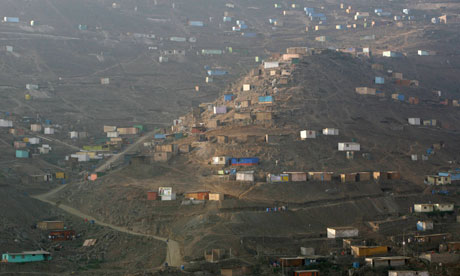The World Health Organization has reported that women’s health is being negatively impacted by urbanization and this is particularly true for poorer women.

Statistics quoted in the report indicate that the poverty worsens the impact of urbanization on women’s health – for instance women who live in very densely populated areas, are at 1.5 times higher risk of HIV/AIDS than their male counterparts. Also it is women living in urban centers who are at twice the risk of contracting AIDS as their rural counterparts.
A combination of factors such as the global economic crisis and rising population in urban areas means problems such as overcrowding, the spread of infectious diseases, substandard housing facilities, issues relating to water and food safety, problems related to solid waste disposal, and inadequate sanitation.
There is an explosive population boom being witnessed in developing nations, which is where government authorities and local bodies are unable to cope with emerging problems. The large scale migration from rural to urban centers is another factor that contributes to problems of overcrowding, sanitation, hygiene and consequently, the overall health of women.
While the problem confronts developing countries more, underprivileged women in developed nations also often face the same problems and dire choices: either to go without essential treatment, or to seek treatment and go into poverty!






